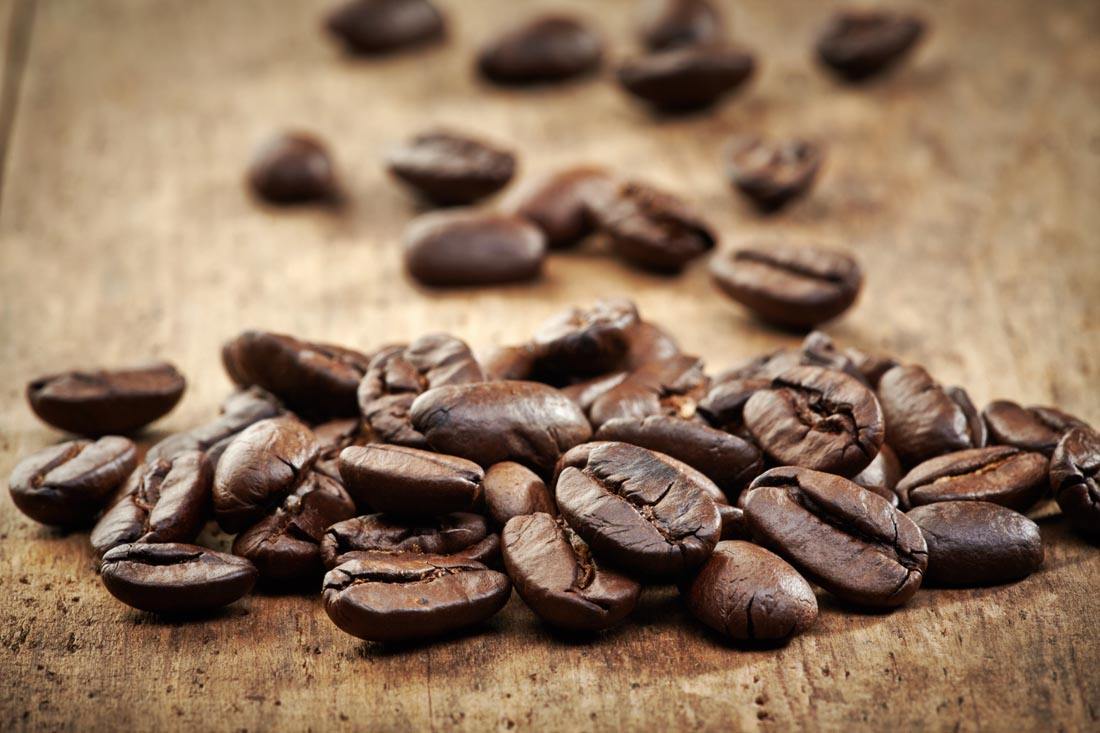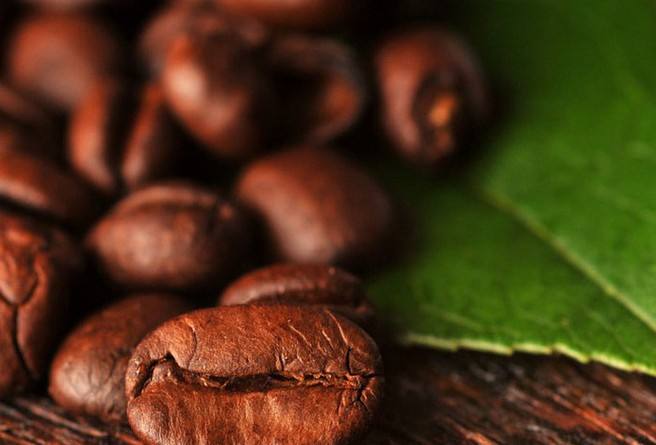Burundian coffee flavor, Burundian coffee introduction
Follow the caf é (Wechat official account vdailycom) and found that Beautiful Cafe opened a small shop of its own.
Burundi coffee was introduced by Belgian colonists in 1930. Unfortunately, many of these farms are on the border with war-torn Rwanda, putting pressure on coffee production.

Coffee producing areas in Burundi:
Coffee in Burundi is now grown only on small farms. Almost all coffee produced in Burundi is Arabian coffee beans, while coffee trees in Ngozi are planted at an altitude of more than 1200 meters.
Features of Burundian coffee:
Burundi has the most diverse and successful coffee industry in the world, and has its own characteristics. Burundian coffee is fragrant and has excellent acidity.
Flavor: mellow taste, rich aroma, excellent acidity
Suggested baking method: medium to deep baking
★★: good
Burundian coffee market:
Most of Burundi's coffee products are exported to the United States, Germany, Finland and Japan.
Burundi is a small landlocked country located at the junction of eastern and central Africa, across the Nile and Congo basins, dominated by hills and mountains, with excellent coffee-growing elevations.
Burundi is located in central Africa with a pleasant climate. Arabica coffee beans grown in the mountains of north-central Africa are of high quality and have won first prize and sixth place respectively in the coffee quality rating of Southeast African countries and the Paris Coffee Fair. According to the annual production of coffee beans in this country, the annual output is between 8000 and 35,000 tons, which is mainly sold to the European markets of Switzerland, France, Germany, Italy, Belgium, Austria and so on.
Important Notice :
前街咖啡 FrontStreet Coffee has moved to new addredd:
FrontStreet Coffee Address: 315,Donghua East Road,GuangZhou
Tel:020 38364473
- Prev

Introduction to the origin of Ugandan coffee, Ugandan coffee flavor
Following Kaiping (Wechat official account vdailycom) found that the Beautiful Cafe opened a small shop of its own, java, the fourth largest island in Indonesia, and the capital Jakarta is located on the northwest coast of Java. In addition, Java is the name of a computer language. Because Java is rich in the famous Java coffee, the computer language is
- Next

How did Columbia Santa Rita Coffee come from? how do Colombian coffee beans grade?
Communication of professional baristas Please pay attention to the coffee workshop (Wechat official account cafe_style). People may be more concerned about the taste of Kaddura than these botanical features. At the site where Kaddura is planted, the higher the altitude, the higher the quality, but the corresponding yield is also less. When Kaddura is slightly baked, the sour aroma is obvious and the whole is bright, and the sweetness can perform very well with proper treatment.
Related
- Detailed explanation of Jadeite planting Land in Panamanian Jadeite Manor introduction to the grading system of Jadeite competitive bidding, Red bid, Green bid and Rose Summer
- Story of Coffee planting in Brenka region of Costa Rica Stonehenge Manor anaerobic heavy honey treatment of flavor mouth
- What's on the barrel of Blue Mountain Coffee beans?
- Can American coffee also pull flowers? How to use hot American style to pull out a good-looking pattern?
- Can you make a cold extract with coffee beans? What is the right proportion for cold-extracted coffee formula?
- Indonesian PWN Gold Mandrine Coffee Origin Features Flavor How to Chong? Mandolin coffee is American.
- A brief introduction to the flavor characteristics of Brazilian yellow bourbon coffee beans
- What is the effect of different water quality on the flavor of cold-extracted coffee? What kind of water is best for brewing coffee?
- Why do you think of Rose Summer whenever you mention Panamanian coffee?
- Introduction to the characteristics of authentic blue mountain coffee bean producing areas? What is the CIB Coffee Authority in Jamaica?

